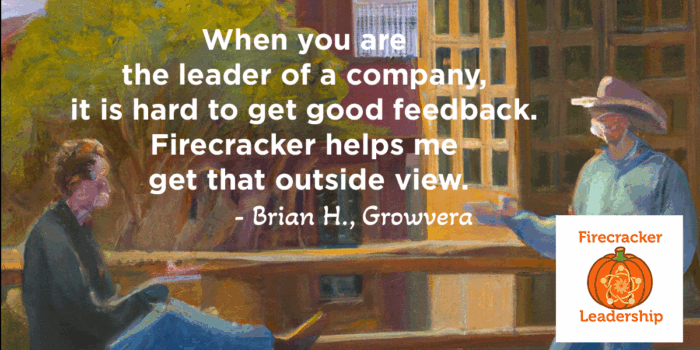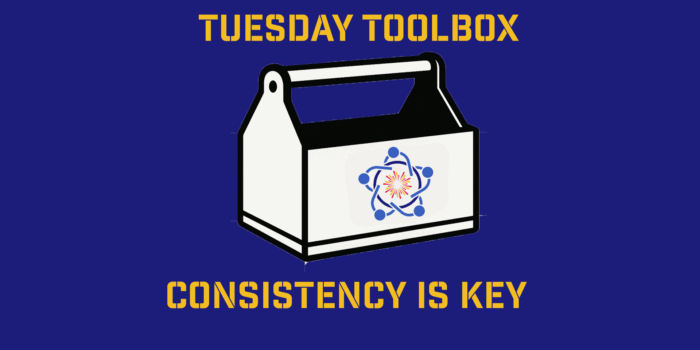Are you doing the 5 things this Inc Article suggests to be a better listener?
I used to think I was a good listener.
I could make conversation with just about anyone. But as my emotional intelligence increased, I realized I was making major mistakes in those conversations–mistakes that prevented me from gaining insight into what others were thinking, or that was hurting my relationships in one way or another.
Could you be making some of these mistakes?
To be a better listener, make sure to do the following five things. (If you enjoy this piece, check out my free seven day course that teaches you how to become more emotionally intelligent.)
Don’t interrupt.
I used to be guilty of interrupting people.
All. the. time.
True listening results in learning. When you interrupt, you cut short the learning experience.
Many people interrupt without even realizing it. (It’s still a challenge to keep myself from doing it.) And it’s especially challenging to resist interrupting when dealing with someone who is disgruntled or negative. You may interpret their words as an attack. But often, they’re simply speaking from a place of frustration.
Resist the urge to fight back. Remember: The minute they stop talking is the minute you stop learning. And that limits the information you have to improve the situation.
Focus.
To truly focus on another person–to give them your undivided attention–is a gift.
But often, we fail at this task. Just think: Have you ever:
- Looked at your phone while someone was speaking to you?
- Tried to multitask while having a conversation?
- Tried to think of what to say next, and in turn missed an important point from your conversation partner?
When you’re trying to listen, don’t do anything else.
Just listen.
Learn to “mirror.”
When you show genuine interest in others, they’ll respond.
One technique FBI agents learn to use to get conversation partners to elaborate and share more information is called “mirroring,” that is, repeating the last few words the person says to encourage them to say more.
For example, they say: “I still can’t believe this keeps happening.”
You say: “This keeps happening?”
Ten times out of ten, the person will then share insights about what they’re thinking and how they’re feeling. It’s extremely effective.
Don’t agree just to make them feel better.
You won’t always agree with your conversation partner. But out of habit, you might say something like “Right, right,” or “Yeah, that’s true.” In the other person’s mind, you’re validating what they’re saying.
But if what they’re saying is harmful, to themselves or others, that’s the last thing you want to do.
Instead, once you’ve given them the chance to fully express themselves, empathize with their feelings by saying something like: “I’ve felt that way before. I’m sorry to hear.”
If you then feel the need to share something they’re missing, ask permission to share a thought from an outside perspective. Then, tactfully share.
Resist the urge to provide a solution.
When you immediately offer a solution to someone’s problem, you send the message:
“Oh, this is easy to solve; just do this.”
The other person will likely feel that you’ve oversimplified things, and…
You probably have.
Sometimes, people don’t really want a solution…not yet, anyway. They just want to know that you care.
Listening carefully will give them that feeling.
Remember, emotional intelligence begins with understanding emotions. When you become a better listener, not only do you gain more insight into how they truly feel, you make them feel that you care. That builds rapport that will strengthen your relationship.
With a little focused effort, you’ll become something that’s rare and invaluable, something that everyone appreciates:
A true listener.
BY JUSTIN BARISO, AUTHOR, EQ APPLIED@JUSTINJBARISO



